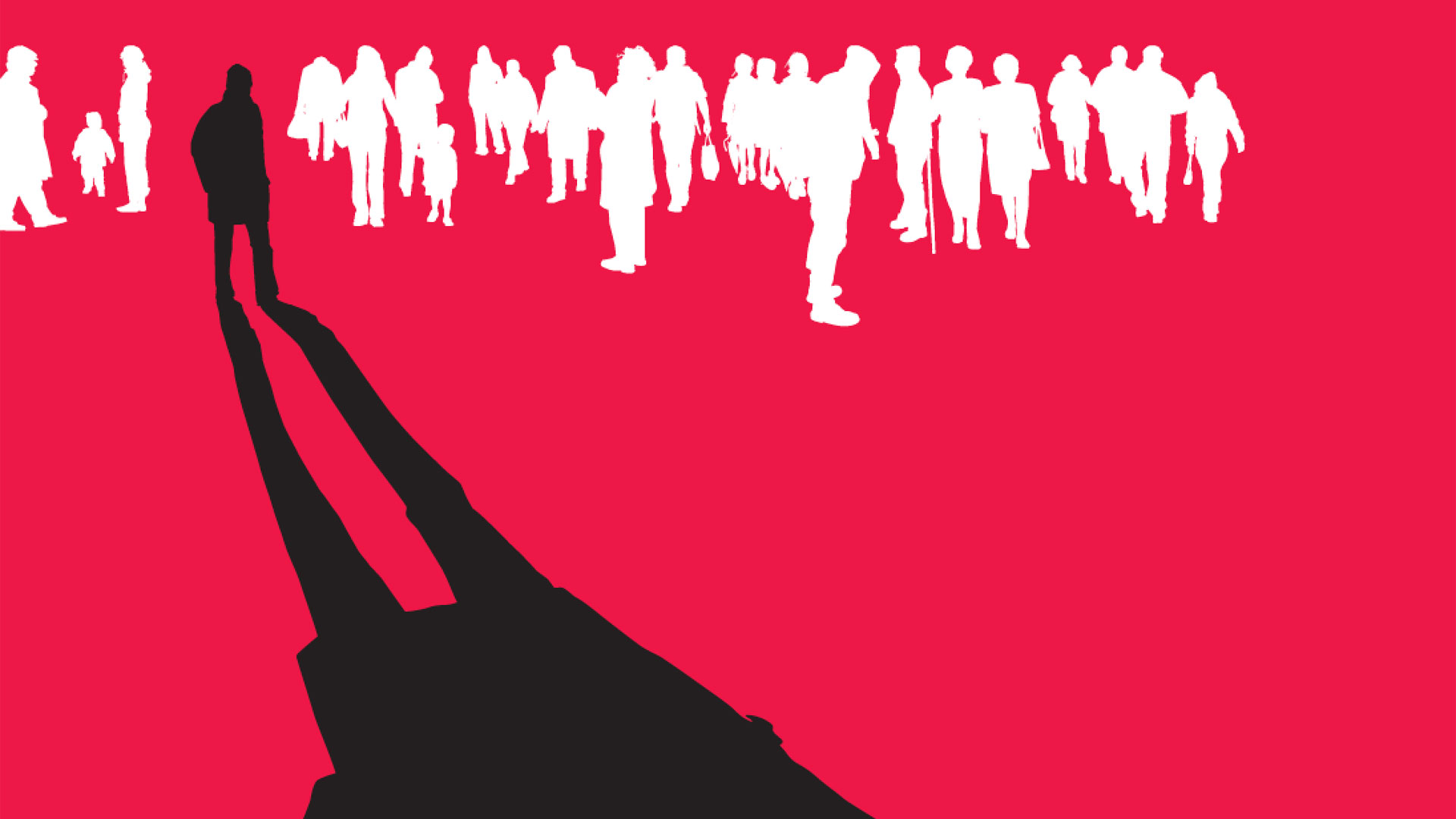Is Democracy the Guarantee?
Recent interviews in Europe for an upcoming Vision video emphasized the disturbing truth that humanity has no sure protection against the rise of totalitarianism. While democracy is the best hope that communism, fascism and national socialism will not return in any significant way, it is no guarantee that some variety of dictatorship will not haunt the world again. The Age of the Dictators and their systems may be over, but totalitarianism remains a slumbering threat.
The most destructive political systems of the past century found fertile ground in the aftermath of World War I. Political, social and economic upheaval gave men with total solutions significant appeal and opportunity. The fact that they espoused violence as means to their political ends was generally dismissed until it was too late. In Hitler’s case, he had already told the world of his venomous hatred in his manifesto Mein Kampf, but few believed he would ever come to office. When he did, through the democratic process, it was in the self-interest of powerful men to support him. And the fact that his unpredicted rise to total power happened as quickly as it did in a civilized land is reason enough to beware the coming of new totalitarian saviors.
Two of our interviewees, Hans-Christian Täubrich and Eckart Dietzfelbinger, are experts in the history of the Third Reich. They noted that the European Union, forged from the ruins of World War II, resolved the immediate problem of Franco-German enmity and has since brought about more than a half century of peace during which time 27 nations have united in a unique democratic order. Their quiet hope is that democracy will prevail. Yet they both also confided that there is no guarantee that dictators will not seize the reins again under certain conditions.
A third historian of the period explained that the key to understanding the Nazi years is that Hitler created his own religion. Assessing the dictator’s many statements, Thomas Schirrmacher found that war and religion played major roles in his thinking. Studying Hitler as the founder of a religion of war is a relatively new approach. As we saw in our series, Hitler certainly used religious concepts and terminology to advance his cause.
“To greet with ‘Heil Hitler’ was required by a strict law. . . . But only a few non-Germans realize that ‘Heil’ is the German word for ‘salvation’. . . . Although some tried to explain ‘Heil Hitler’ as wishing salvation for Hitler, the official meaning was clear: Hitler is the salvation for Germany and for the world.”
The idea that men should think of themselves as saviors or messiahs has a long history. That they should usurp the role of the true Messiah is something that Jesus foretold in answer to questions from some of His disciples about the timing of the Jerusalem temple’s destruction, His return, and the end of the age. He said in part, “See that no one leads you astray. For many will come in my name, saying, ‘I am the Christ [in Greek, Christos],’ and they will lead many astray” (Matthew 24:4–5). The Hebrew equivalent, Messias, means “one who is anointed” or “the anointed One.” The Messiah is the one who is specially set apart for the task of resolving all human problems. Matthew 24 makes it clear that He is yet to return to complete this task. Therefore anyone who comes counterfeiting His future role and authority (“in my name”) is a false messiah. Very few religious figures have done that. On the other hand, there have been many false messiahs in the politico-religious realm, and they have led many astray. Among them are the justifiably despised “great dictators” of the 20th century.
The lesson that has yet to be learned is how quickly it can all happen, despite our best political hopes. That is why in the final outcome it will be the true Messiah who will deliver humanity from human tyranny and oppression and bring about the restitution of all things (Acts 3:21).

